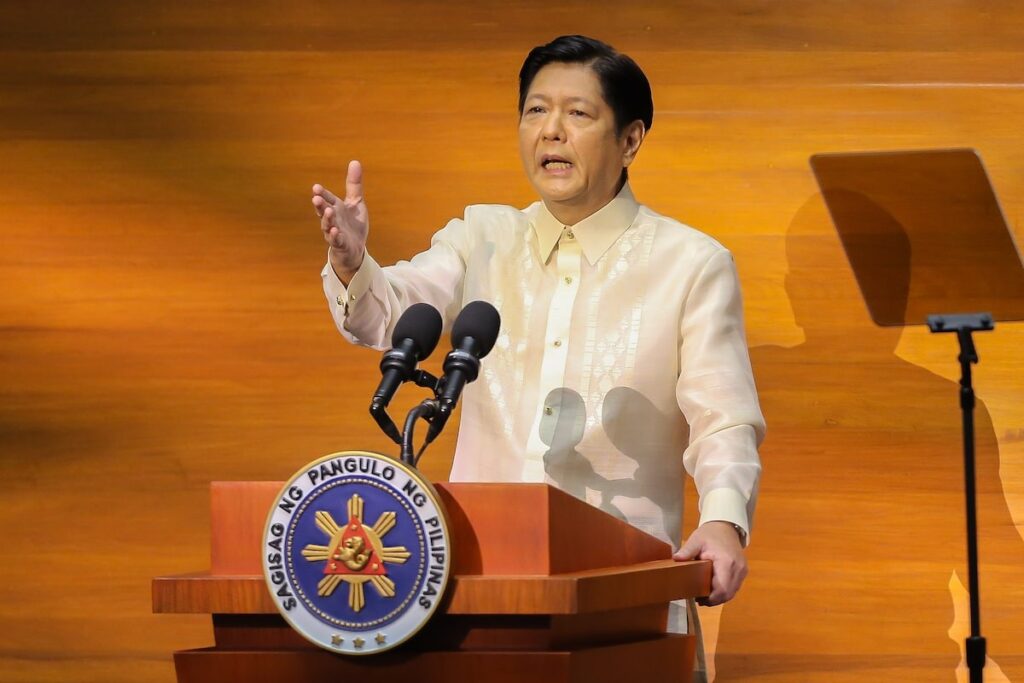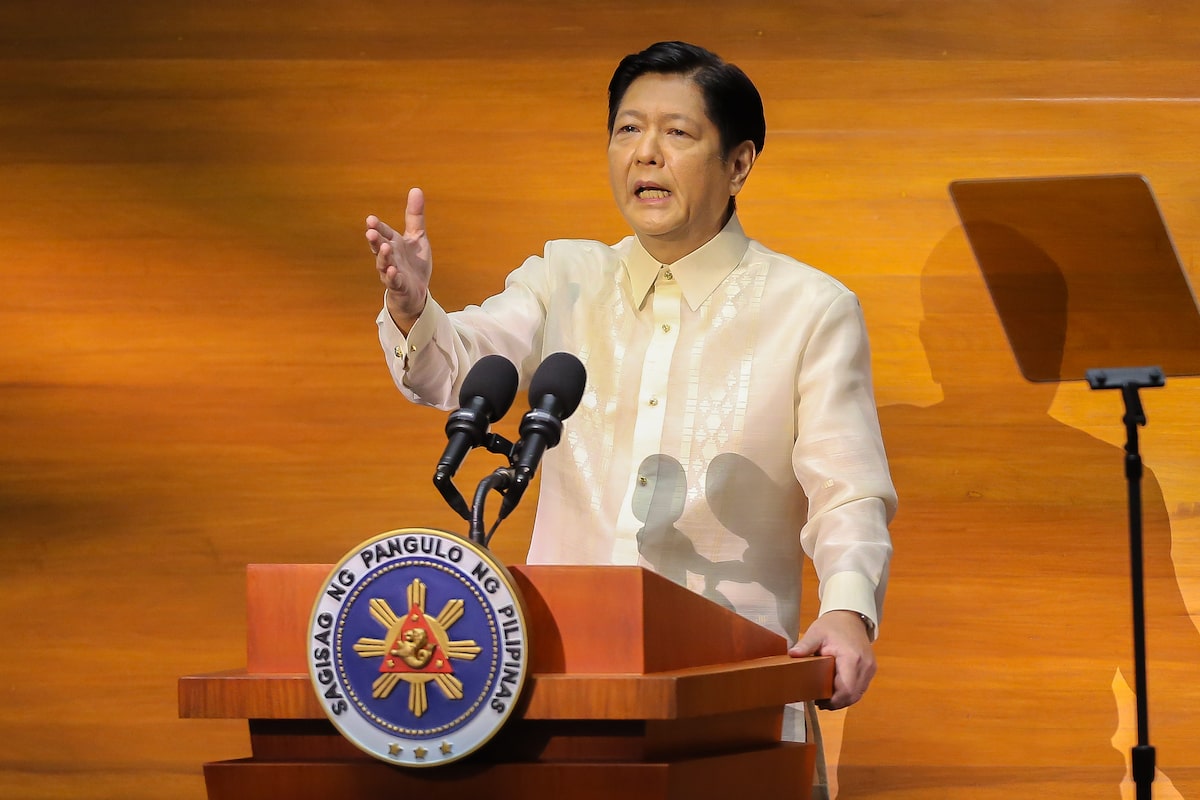
On June 15, President Ferdinand Marcos Jr. reaffirmed his decision not to interfere in the impeachment trial of Vice President Sara Duterte — a move that has reshaped the political landscape. The Senate, now acting as an impeachment court, has taken oaths and begun proceedings that are expected to stretch into the 20th Congress.
The charges stem from Duterte’s alleged misuse of confidential funds during her tenure as Education Secretary. Her allies argue the case is politically motivated, while critics say it’s a necessary test of accountability. In a surprise twist, the Senate voted to remand the articles of impeachment back to the House, citing procedural concerns — a move some legal scholars say violates constitutional norms.
Marcos’s refusal to intervene has been praised by conservatives who value institutional independence. “This is a president who understands the limits of executive power,” said one analyst. “He’s letting the process play out — and that’s a good thing.”
Meanwhile, the Department of Education is grappling with a 160,000-classroom shortage. Education Secretary Sonny Angara is pushing for public-private partnerships to accelerate construction — a market-based solution that avoids bloating the national budget. The administration’s approach blends constitutional restraint with pragmatic governance, offering a sharp contrast to past regimes that centralized power and expanded bureaucracy.



